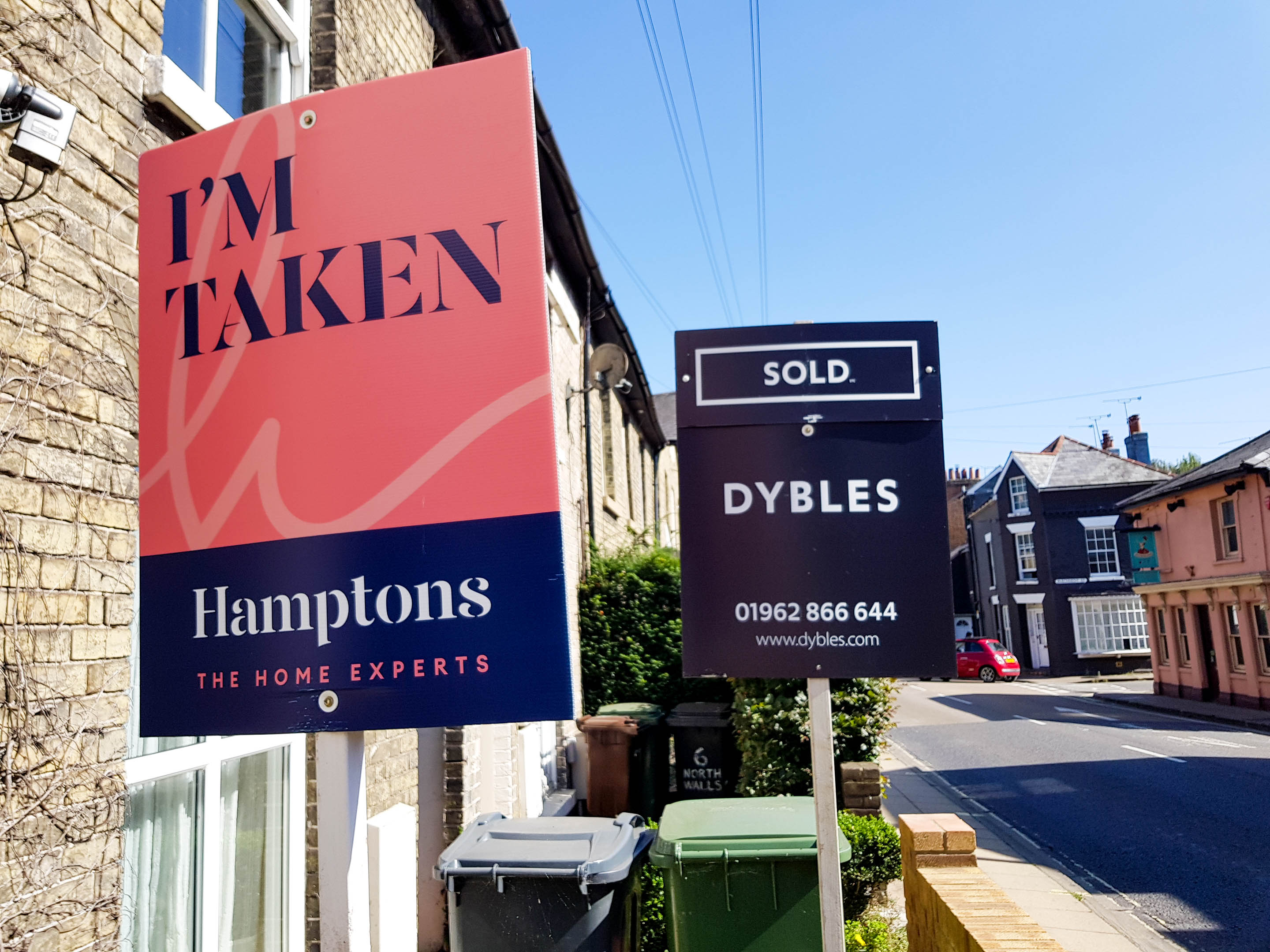You are here: Can I buy a house with my child or in my child’s name?
With soaring house prices, affordability checks and the need for larger deposits to unlock the best mortgage deals, it is not easy for first-time buyers to get on the housing ladder. These days, it is likely they will need a 15 per cent deposit or more to secure a mortgage thanks to the COVID-19 pandemic. For most young people, that is a very tall order. So how can parents help?
There are several routes that can be taken, but parents should take professional advice to make sure they are aware of the legal and financial implications of each one. Here is our guide to some of the options.

Buying a house and putting it in your child’s name
There are so many considerations and costs involved that usually it is simpler to give a child money so they can buy their own house. If you buy the house yourself, you will likely have to pay stamp duty and capital gains tax on the purchase, unlike your child if they are a first-time buyer. You will also need to consider the possibility of inheritance tax being owed in the future.
A major consideration of the house being in the child’s name is if the child ends up divorcing a partner in the future, then the house could end up being split. This means that the investment intended for your child could end up being divided with someone else.
Buying a property in a trust for your child
If you have the money, this could be the best way to buy a property for your child, as you can avoid paying capital gains tax and inheritance tax. Your child will essentially live rent free as an adult and eventually inherit the property.
However, the trust route can be complicated, and any trust will require careful drafting as it could also get messy if it comes to a future divorce.
Gifting or loaning a deposit
This is one of the most common ways that parents help their children to buy a home. If your child can put down a bigger deposit, they’ll have to borrow less and will get a better mortgage deal. There are however some rules and tax implications you should take into account.
Firstly, it is important to make a distinction between gifting money and loaning it. When applying for their mortgage, your child will have to declare whether money received from you is a loan or a gift. The mortgage lender may require proof that the money came from you and your child’s conveyancer might also request bank statements as part of any money-laundering checks.
If it is a loan, it could affect the mortgage deal offered by the lender, and not all lenders are happy to accept a loan. It is also important to make sure the repayment terms are clear for both parties.
On the other hand, gifting a child the money to buy a house will come with inheritance tax implications. Your child might have to pay this if you die within seven years of handing over the money. The amount of tax due on the gifted money is reduced according to the time that passes between the gift being received and the parent’s death.
Mortgage options for parents
Many of us don’t have large amounts of spare cash to hand to buy our child a house outright or even to pay a large deposit. If so, there are still a few options to consider:
Guarantor mortgages. Here, you are effectively promising to cover the mortgage repayments if the child fails to pay. If you go down this route, you will be putting your property or savings down as collateral, but you will be reducing your child’s risk profile making it easier for them to get a property loan.
Joint mortgages. Both you and your child will be named on the mortgage and property deeds and will be jointly responsible for the mortgage payments. It is worth noting that you will have to pay second property stamp duty rates if you already own a home.
Joint borrower sole proprietor mortgages. You will both be named on the mortgage, but only your child will be named on the property deeds, enabling you to avoid the stamp duty surcharge.
There is no doubt that giving your child a leg up onto the property market is a generous act, but as each route comes with some potential pitfalls, it is essential to get independent financial advice first to ensure you are not putting your own financial future at risk.
If you are considering buying or selling a home, you may find some of these services useful:
Mortgage Brokers
I need help getting a mortgage
Energy Performance Certificate
Energy Performance Certificates
Building Surveys
I want a local surveyor to do a Building Survey for me
Home Survey and valuation
I want a local surveyor to do a homebuyer survey and valuation for me
Structural Inspections
Find an expert to carry out a structural inspection
Structural Calculations
Find an expert to provide Structural Design Calculations
Invasive weeds report
If you are concerned that you may have Japanese Knotweed, or other nuisance plants.
Electrical Reports
Find an Electrician to produce an Electrical report (sometimes known as an Electrical Installation Condition Report - or EICR) for a property.